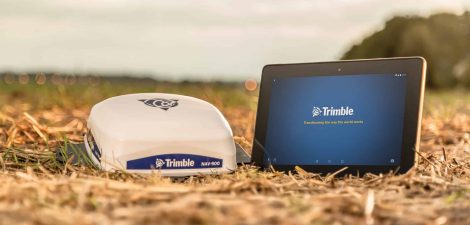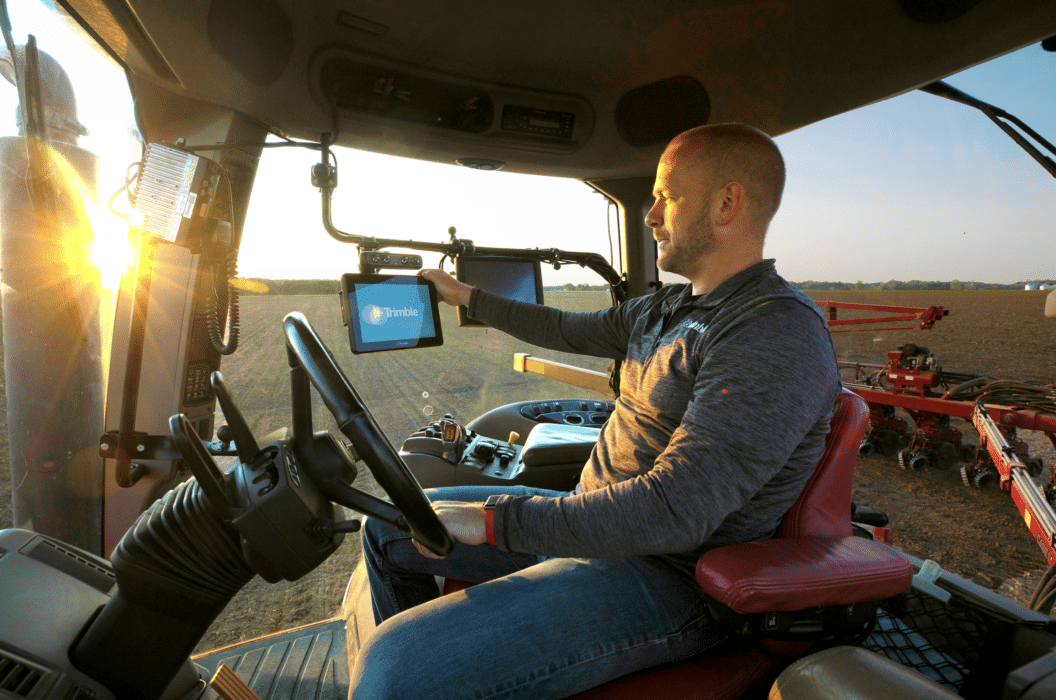The journey towards sustainability in farming can be challenging, especially in the face of increasing compliance regulations and environmental concerns. However, as proud Kiwi farmers, we recognise the importance of safeguarding our beautiful country.
The good news is that cutting-edge precision agriculture technologies can help by providing targeted solutions. Metrics play an essential role in pinpointing conservation opportunities, and guidance systems optimise inputs to reduce waste. Additionally, data-driven insights not only track, but also highlight adherence to environmental standards.
By harnessing the capabilities of precision agriculture, streamlining compliance processes and meeting sustainability objectives becomes achievable. In this blog, we’ll give you a practical guide to striking the perfect balance between production and stewardship, offering insights to navigate your journey successfully.
The Evolution of Precision Agriculture
The roots of precision agriculture trace back to the humble beginnings of 1980 when Dr. Pierre Robert theorised the idea while in college, dedicating himself to studying and pioneering precision farming principles.
His core philosophy advocated for focusing resources on struggling crops rather than adopting a one-size-fits-all approach. This shift allowed farmers to allocate more money and time to crops that required extra attention, helping preserve the quality of robust crops.
Fast-forward to the present day, precision agriculture has become a key part of the broader conversation on sustainable farming practices, propelled by growing concerns about the environment and food security.
The Modern Landscape of Farming
A recent study by the Association of Equipment Manufacturers has outlined five key areas within precision agriculture that have significant potential for environmental benefits. The findings showed that farmers consistently using precision agriculture technologies achieved the following outcomes:
- A 4% increase in crop production
- A 7% improvement in fertiliser placement efficiency
- A 9% reduction in herbicide and pesticide use
- A 6% decrease in fossil fuel consumption
- A 4% reduction in water usage
While these numbers are impressive, the overall impact on an environmental scale is remarkable:
- 2 million acres of cropland avoided due to more efficient use of existing land
- 13 million fewer kgs of herbicide
- 378 million fewer litres of fossil fuel
- Enough water saved to fill 750,000 Olympic-size swimming pools
Precision Solutions for Sustainability
Auto guidance, machine section control, variable rate technology, machine and fleet analytics, and precision irrigation stand as the five key areas contributing to environmental sustainability in farming.
The technological advancements in these areas play a crucial role in helping farmers adapt to climate change. Technology from GPS-guided tractors and drones help optimise precious resource use including water and fertilisers. With data-driven insights from weather forecasts and soil analysis, farmers can make informed decisions about when to plant, irrigate and harvest, reducing waste and increasing efficiency.
The Rise of AI in Precision Agriculture
Right on the cutting edge of precision technology, a major game-changer is making waves: the integration of artificial intelligence (AI) and deep learning into crop protection methods. Pioneering progress in technology, Trimble has taken a significant step forward by acquiring Bilberry, an AI and deep learning startup. The innovation promises to revolutionise crop protection by shifting from field-level to plant-level spraying.
This breakthrough invites in a new era of targeted spraying, allowing farmers to apply pesticides and herbicides directly at the plant level, stepping away from the conventional field-level approach. But what does this mean for sustainability?
The potential impacts are substantial, as this new technology empowers farmers to use resources more efficiently, significantly reducing crop failure risks. The result will be previously unattainable levels of productivity, profitability and sustainability gains.
The Future of Farming
As we have explored in this blog, precision agriculture technologies play a crucial role in achieving sustainability objectives while maintaining productivity and profitability. From AI-driven targeted spraying to equipment automation and data-driven analytics, these solutions fine-tune inputs, reduce waste, and monitor key metrics for compliance and environmental conservation.
While the path towards sustainable agriculture continues to evolve, precision technologies help embrace improved efficiency. To learn more about how precision solutions could benefit your operation’s bottom line and sustainability goals, get in touch. Our Precision Ag specialists are ready to discuss tailored solutions for your farming operation.



